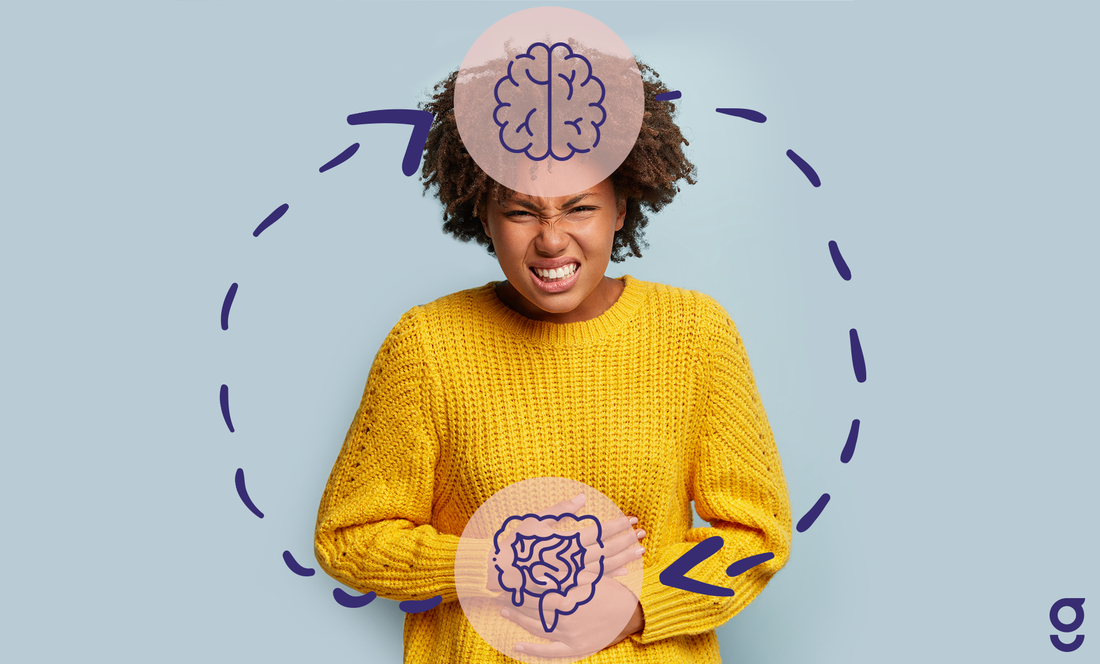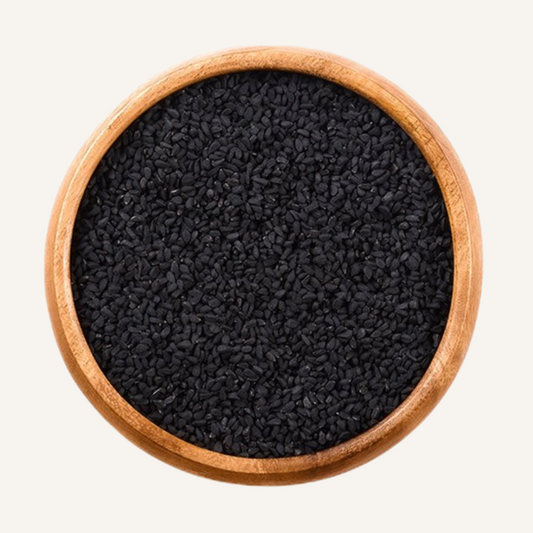
The Gut-Brain Connection: How Your Diet Impacts Mental Health
Abdullaah KhanShare
The Gut-Brain Connection
The relationship between food and our physical well-being is well known, but did you know that the food we consume also has a profound impact on our mental health?
The gut-brain connection, a complex network of communication between the gut and the brain, plays a significant role in our emotional and cognitive well-being. Recent research has highlighted the importance of gut microbiota in influencing these interactions.
Let's delve into the fascinating link between diet, gut microbiota, and mental health, exploring how the foods we eat can support or hinder our emotional balance and overall mental well-being.
The Gut-Brain Axis and Microbiota:
The gut-brain axis (GBA) consists of bidirectional communication between the central and the enteric nervous system, linking emotional and cognitive centers of the brain with peripheral intestinal functions.
Recent advances in research have described the importance of gut microbiota in influencing these interactions.
The trillions of microorganisms in our gut play a crucial role in maintaining the health of our digestive system and have a significant impact on our mental health.
Probiotics and Prebiotics for Gut Health:
Consuming a diet rich in probiotics and prebiotics can support a diverse and healthy gut microbiome, positively impacting our mental well-being.
Probiotics, found in fermented foods like yogurt, sauerkraut, and kimchi, introduce beneficial bacteria to the gut. Prebiotics, found in fiber-rich plant foods like fruits, vegetables, and whole grains, provide nourishment for these beneficial bacteria.
Including these foods in our diet can promote a healthy gut microbiota and contribute to improved mental health.
Omega-3 Fatty Acids and Brain Health:
Omega-3 fatty acids, particularly EPA and DHA, are essential for optimal brain function and have been linked to a reduced risk of mental health disorders such as depression and anxiety.
Fatty fish like salmon, walnuts, flaxseeds, and chia seeds are excellent sources of omega-3s. Including these foods in your diet can provide the necessary nutrients to support brain health and promote emotional well-being.
The Impact of Sugar and Processed Foods:
High sugar and highly processed foods can disrupt the delicate balance of the gut microbiome and lead to inflammation in the body. Research has shown a correlation between diets high in refined sugars and an increased risk of mental health disorders.
Choosing whole, unprocessed foods and minimising added sugars can help maintain a stable mood and support mental well-being.
Nutrient-Rich Foods for Cognitive Function:
Antioxidant-rich foods like berries, leafy greens, and colourful vegetables help combat oxidative stress and protect brain cells.
Additionally, foods rich in vitamins B12, folate, and magnesium, such as legumes, nuts, seeds, and whole grains, can contribute to optimal brain health and overall mental well-being.
Mindful Eating for Emotional Balance:
Incorporating mindfulness into our eating habits can also positively impact our mental health. Mindful eating involves paying attention to the sensory experience of eating, being present in the moment, and listening to our body's hunger and fullness cues.
By cultivating a mindful eating practice, we can develop a healthier relationship with food, reduce stress-related eating, and promote emotional balance.
Conclusion:
The food we consume plays a crucial role in our mental well-being, and recent research has highlighted the influence of gut microbiota on the gut-brain axis. By prioritizing a diet rich in probiotics, prebiotics, omega-3 fatty acids, nutrient-dense foods, and practicing mindful eating, we can support the gut-brain connection and promote emotional balance and cognitive function. Let's embrace the power of nutrition as a tool for enhancing our mental health and overall well-being.
References:
- Foster, J. A., & McVey Neufeld, K. A. (2013). Gut-brain axis: how the microbiome influences anxiety and depression. Trends in Neurosciences, 36(5), 305-312.
- Jacka, F. N., et al. (2017). A randomised controlled trial of dietary improvement for adults with major depression (the 'SMILES' trial). BMC Medicine, 15(1), 23.








